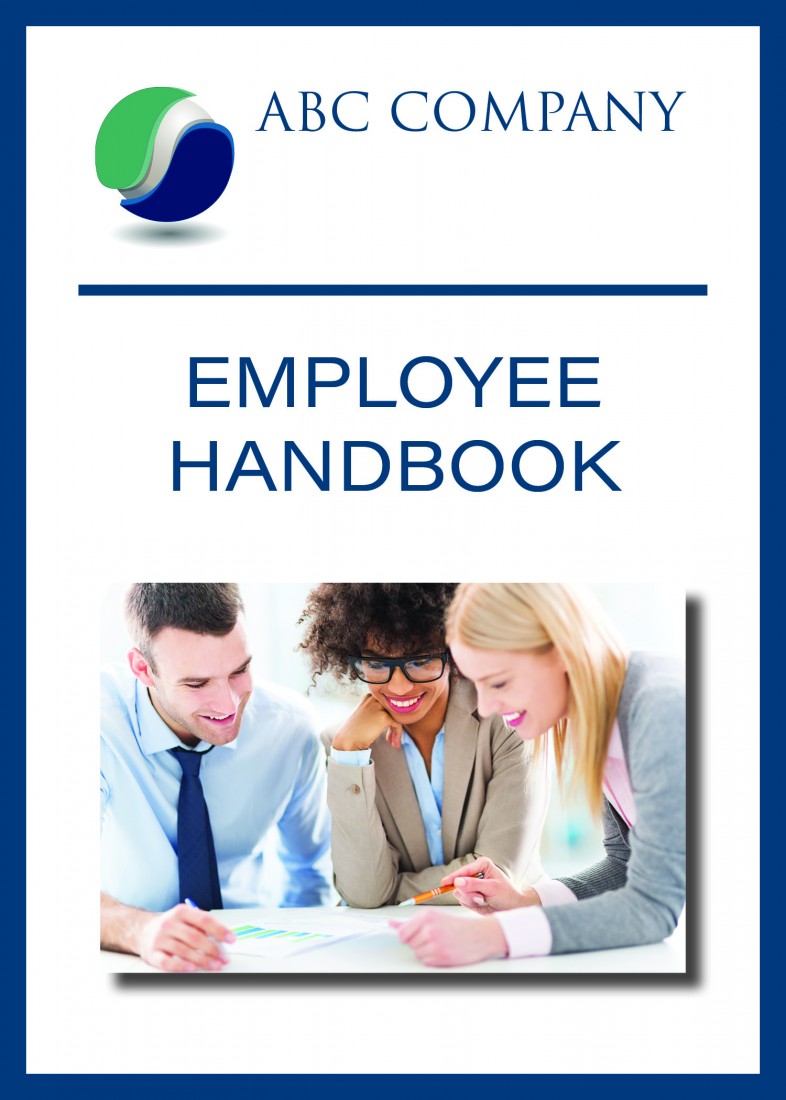The National Labor Relations Board (NLRB) has increased its attention and focus on employee handbooks recently. While most think of the NLRB in terms of unionized employers, its jurisdiction also impacts non- union employers as well. Many companies rely on outdated handbooks that could be in violation of the current NLRB guidelines. For example, if your handbook has policies that violate Section 7 of the National Labor Relations Act you could be in for some legal trouble. Section 7 allows employees the right to join together to improve their pay and working conditions. The fact is, many startup companies and small to medium businesses often do not have human resource departments (or personnel trained in the human resource arena) to monitor changing laws and regulations. As a result, handbooks can be quickly outdated and out of compliance leaving the company ripe for a potential lawsuit.
To help employers, the NLRB issued some "Do’s and Don’ts" when it comes to company policies and handbooks. Many of these rules stem from laws preventing employers from restricting employees’ rights to protected concerted activity. If you are saying to yourself, “I wouldn’t do that”, or “I don’t have to worry about that”, you are likely very wrong. There can be very subtle differences in how a policy is written when determining if the policy violates the law. When writing policies and procedures, a general rule to consider is never write a policy that imposes a blanket restriction on employee actions. Instead, polices should be written so the undesirable activity is clearly explained and the restrictions on the behavior are not too broad.
- “No defamatory, libelous, slanderous or discriminatory comments about the Company, its customers and/or competitors, its employees or management.'”
- “Do not make statements “that damage the Company or the Company’s reputation or that disrupt or damage the Company’s business relationships.”
- “Refrain from any action that would harm persons or property or cause damage to the Company’s business or reputation.”
Should you have any questions or concerns regarding your company’s handbook, Sage Solutions Group is here to help. We offer individualized plans to help companies create or update handbooks that are in compliance with the current guidelines.

